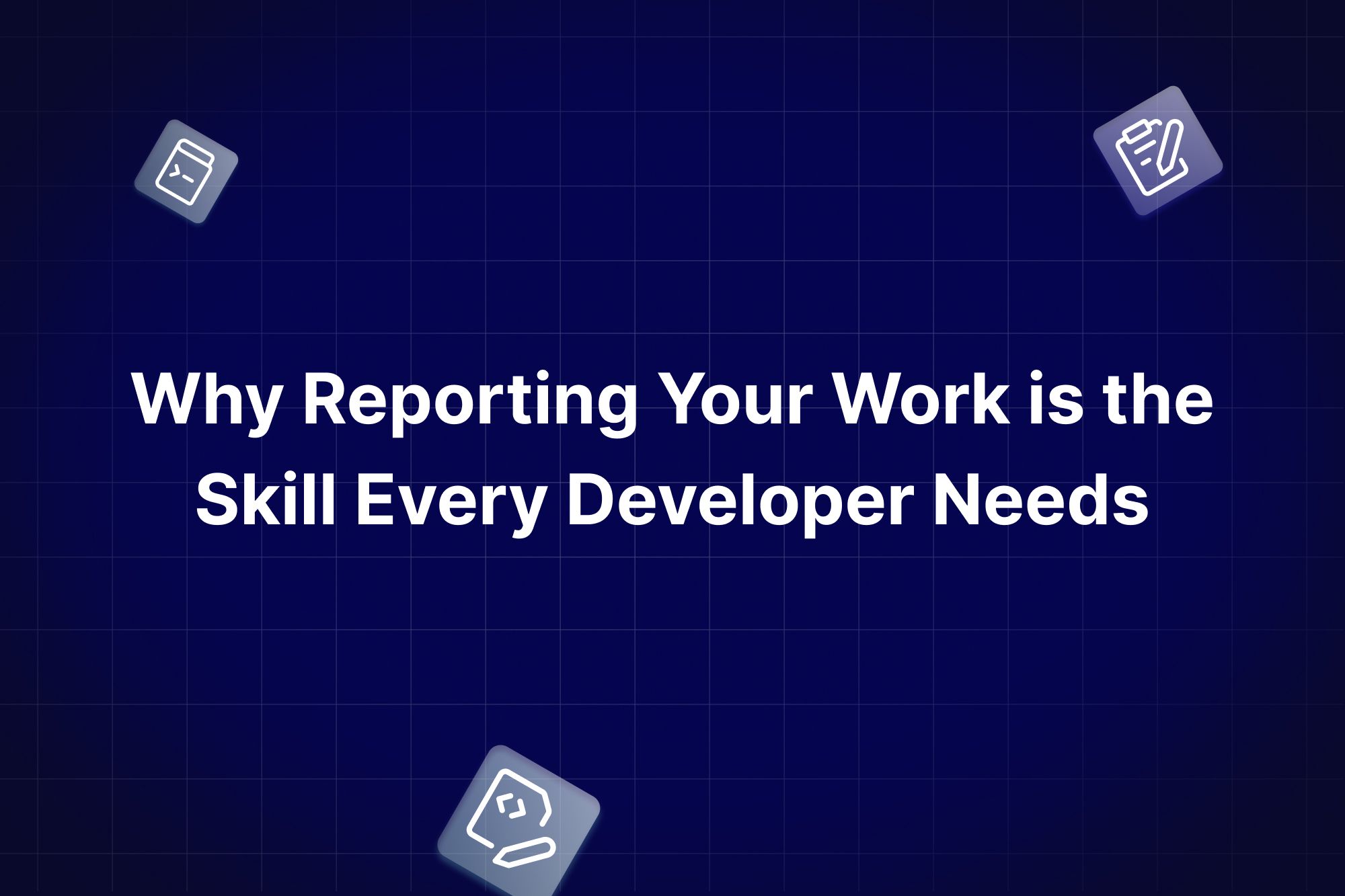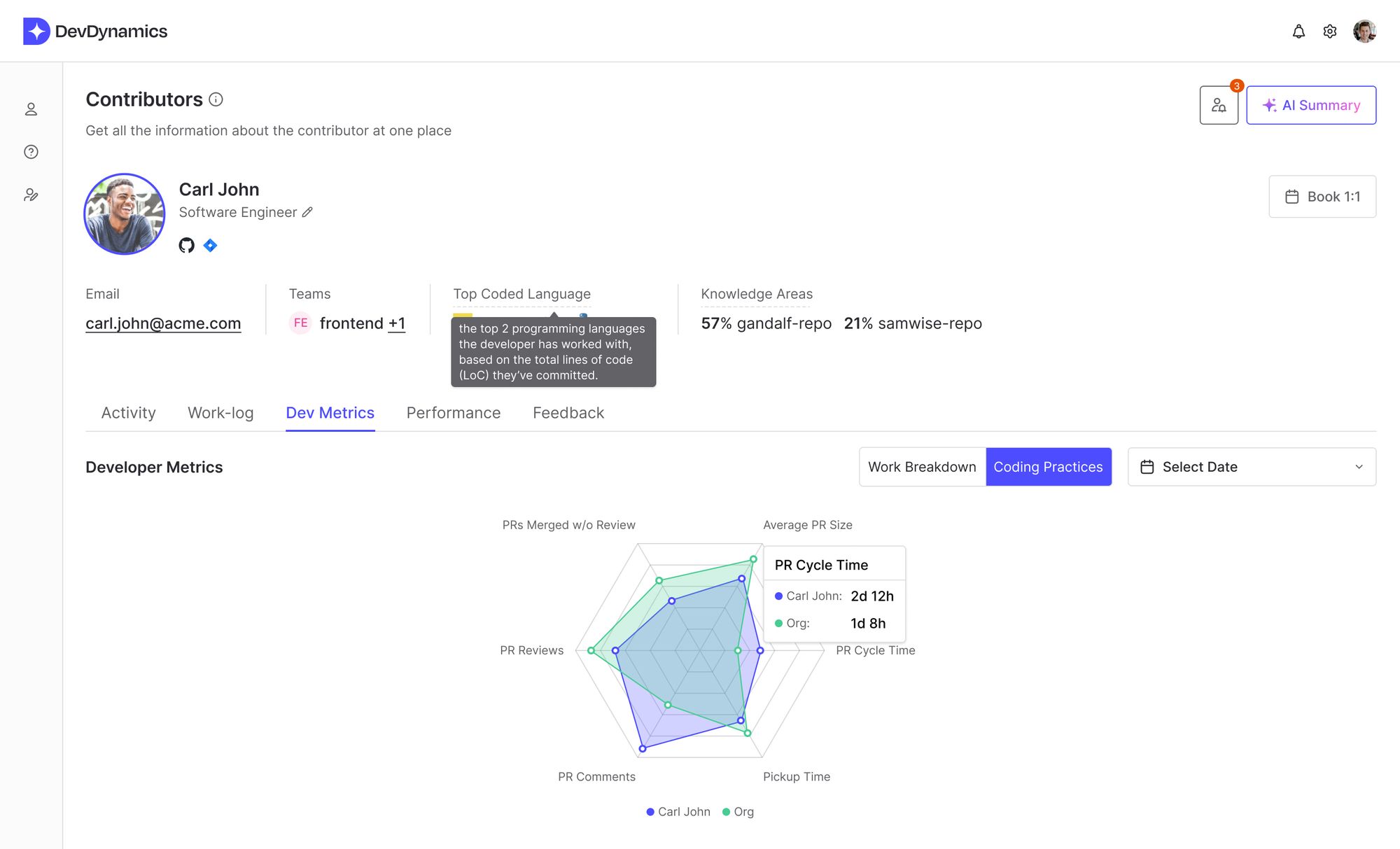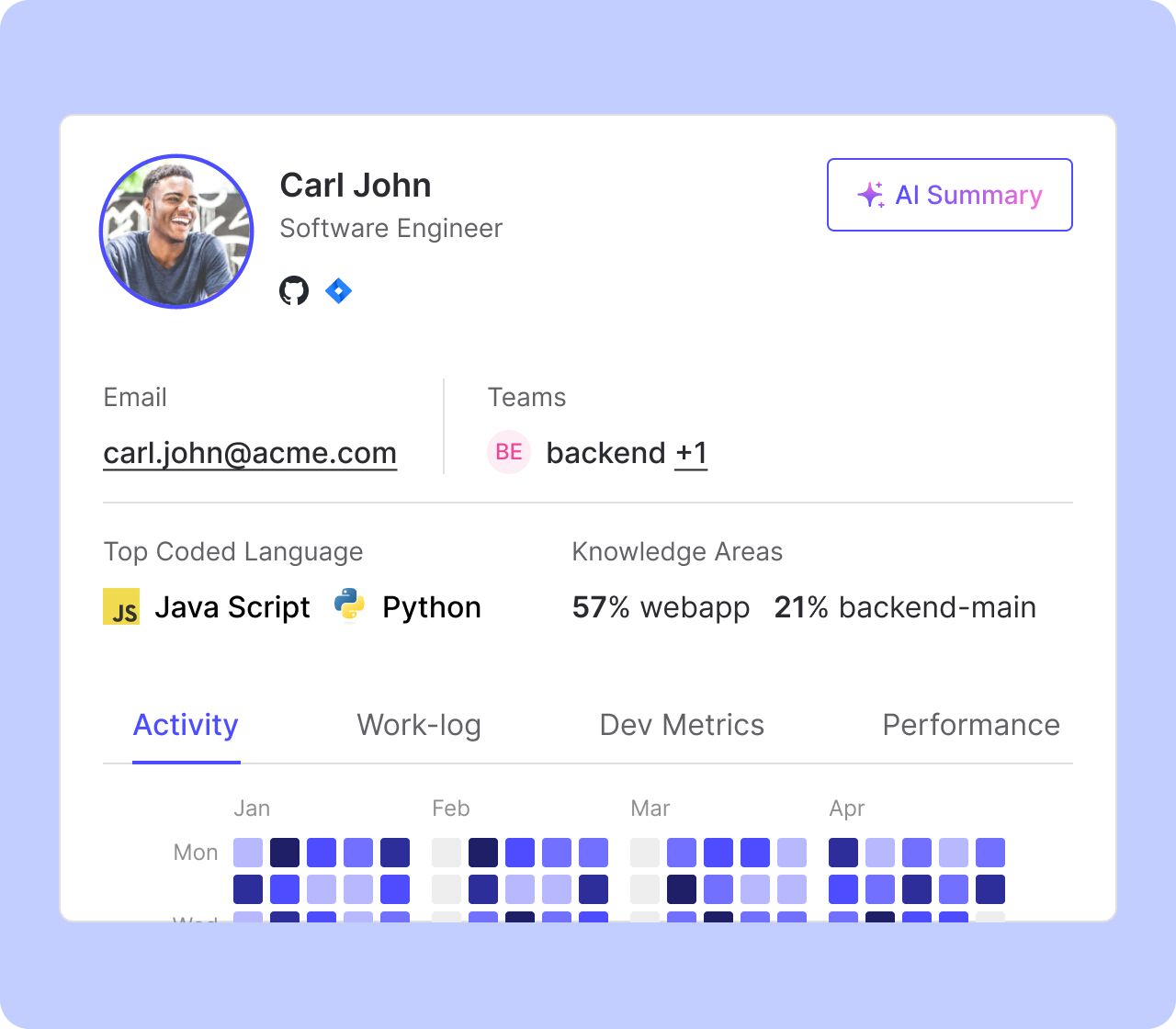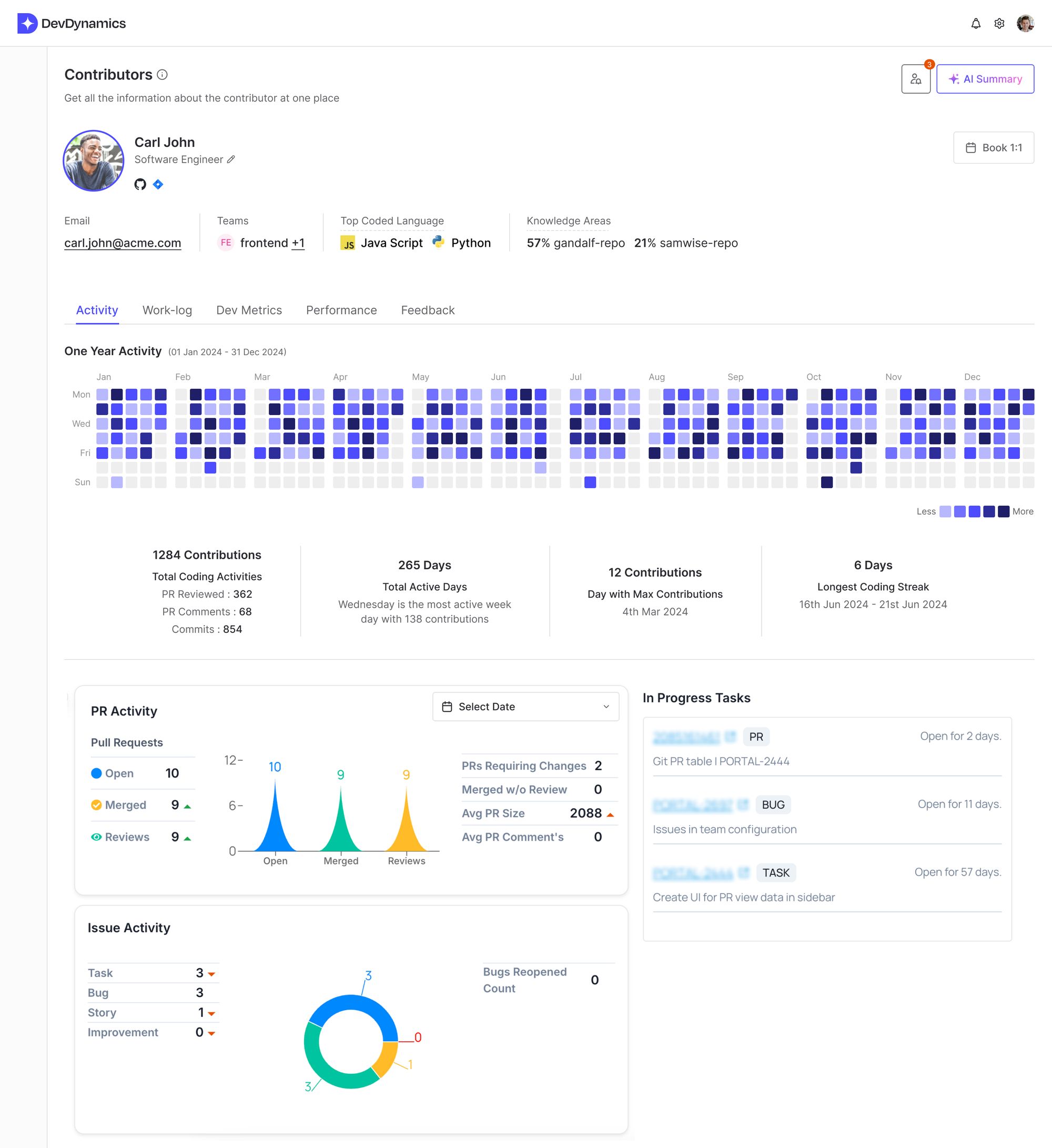Why Reporting Your Work is the Skill Every Developer Needs

The Moment That Catches You Off Guard
Picture this: You’re in a 1:1 with your manager, and they ask, “So, what have you been working on this year?”
Your brain freezes. Sure, you’ve been busy, you’ve fixed bugs, shipped features, reviewed PRs, maybe even stopped production from going down a few times. But when you try to explain it, it comes out vague: “I’ve worked on a lot of stuff…”
Sound familiar? Here’s the thing, just working hard isn’t enough. If you can’t articulate what you’ve done, people won’t notice. And if people don’t notice, don’t expect promotions, raises, or exciting new projects to come your way.
This is why reporting your work matters. It’s to make sure others see your value too.
Why Developers Need to Report Their Work

1. No One’s Going to Do It For You
You might think your manager or lead knows what you’ve been up to. They don’t. They’re juggling multiple people, projects, and deadlines. If you’re waiting for someone else to connect the dots on your impact, you’re going to be disappointed.
When you take the time to report your work, you’re making sure that your contributions don’t disappear into the chaos.
For example:
- Instead of: “I reviewed PRs regularly.”
- Say: “I reviewed 120 PRs this quarter, unblocking teammates and reducing average delivery time by 20%.”
It’s to make sure your work doesn’t get lost in the noise.
2. Promotion Talks Need More Than Hard Work
When promotion season rolls around, hard work isn’t enough. Everyone works hard. What separates you from the pack is being able to show how your work moved the needle:
- Did you improve something critical?
- Did you make life easier for your teammates?
- Did you solve a recurring problem?
Imagine walking into that meeting with numbers and clear outcomes:
- “I optimized the CI pipeline, cutting deployment times by 30%, which saved the team an hour per release.”
- “I led the refactor of the payments module, reducing production incidents by 40%.”
With this kind of clarity, you’re not asking for a promotion, you’re showing why you’ve already earned it.
3. Build Credibility and Trust
Reporting your work consistently builds your reputation over time. When you can point to specific outcomes: how you improved processes, fixed bottlenecks, or mentored juniors, people start seeing you as reliable and impactful.
This trust opens doors:
- Your ideas are taken more seriously in retros and planning meetings.
- You’re the one teammates turn to when things get tricky.
- Managers feel confident giving you bigger responsibilities.
Credibility isn’t built overnight, but reporting your work regularly accelerates the process.
4. Understand Your Own Value
How often do you stop and think about what you’re good at? Probably not much. Reporting your work forces you to reflect.
Let’s say you notice a pattern:
- You’re consistently the one improving build pipelines or optimizing queries.
- You’re the go-to person for debugging nasty production issues.
- You enjoy onboarding juniors and helping them grow.
When you understand your strengths, you can steer your career toward roles and projects that align with what you love doing.
5. It’s Not Only About You, It Helps the Team Too
Good reporting doesn’t just benefit you, it helps your entire team. When you share your wins, you:
- Highlight processes that worked well, so the team can repeat them.
- Uncover inefficiencies, like too many unplanned tasks clogging up the sprint.
- Make sure everyone understands how individual contributions feed into the bigger picture.
This builds a culture where good work is recognized, shared, and learned from.
How to Start Reporting Your Work

1. Keep Track Regularly
Don’t wait until review season to remember what you did. Start now. After you finish a task, whether it’s a big feature or a small bug fix, note down:
- What you did.
- Why it mattered.
- Any measurable impact (time saved, errors reduced, etc.).
Even if you’re not tracking numbers, write down the outcomes in plain language. Something like, “Fixed a flaky integration test that was blocking daily deployments” is more useful than just, “Fixed test.”
2. Frame Your Work as Impact, Not Tasks
Tasks are what you did. Impact is why it matters. Focus on the latter. For example:
- Task: “Refactored the API.”
- Impact: “Improved the API’s response time, cutting page load times from 1.2s to 600ms and improving user experience.”
3. Use Numbers Whenever You Can
Metrics make your work more concrete. Think about things like:
- How much faster did something become?
- How many bugs were fixed?
- How many hours or days did your change save the team?
Even rough estimates are better than nothing.
4. Practice Telling Your Story
When it’s time for a review or a big meeting, don’t wing it. Go through your notes, organize your achievements, and rehearse. The more you practice, the more natural and confident you’ll sound.
Where the Developer Report Fits In
Let’s be real, keeping track of everything manually can get messy. You might forget key details or lose track of time. That’s where the Developer Report from DevDynamics comes in.

Here’s how it helps:
- Consolidates All Your Work:
It pulls data from GitHub, Jira, and other tools to give you a single view of everything you’ve worked on: PRs reviewed, tickets closed, features delivered. - Shows the Bigger Picture:
Instead of just listing tasks, it connects them to outcomes. For example, it highlights how your work reduced delivery times or improved stability. - Saves Time in High-Stakes Moments:
No more scrambling before a review or 1:1. The Developer Report gives you a ready-made summary of your contributions, so you’re always prepared.
It makes sure your hard work gets the recognition it deserves.
Make Your Work Count
Here’s the truth: just doing good work isn’t enough. You need to show it. Reporting your work isn’t about bragging, it’s about making sure your effort is seen, appreciated, and rewarded.
Whether you’re aiming for a promotion, trying to steer your career, or just want to understand your own growth, learning to report your work is the first step.
The Developer Report can help, but the real shift starts with you. Keep track, focus on the impact, and own your story. Because your work matters, and it’s time everyone knows it.

